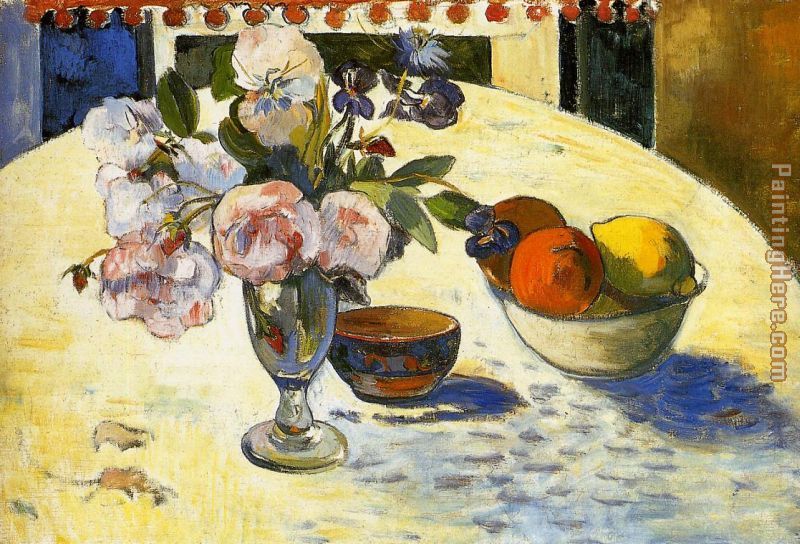
Last night was my first formal introduction to the world of Marxism. In order to better understand necessary key terms we were told to appy them to a movie clip. In the clip, Alec Baldwin is sent to a group of real estate salesmen to increase their productivity. For the length of the clip, Baldwin not only completely degrades these salesman but also emphasizes his place in what Marx would call the bourgeois with his $80K BMW and his $40K watch. Our group was instructed to find terms such as "capital" and "division of labor" in the clip.
Although we were able to apply all of Marx's terms in this clip, a couple concepts struck out at me. Marx's critique of "labor power" is a realization all workers should eventually have. The idea that this power is basically signed away when hired is completely demeaning. It's as though these employers assume that these workers have no idea as to the extent of their labor power. The worker boosts the productivity of the employer yet still only gets the minimum to survive while the employers gets in increase in supply value. In the clip, the labor power of those construction workers who actually built the house is given up immediately. Here they create a beautiful home, making manipulating salesmen thousands of dollars, while they go home to a small home or apartment.
Where is the justice in this idea? Why are these construction workers doing manual labor while these manipulative salesmen in the office get to sit back and enjoy coffee as they try to get potential buyers to "sign on the dotted line". Shouldn't a worker's effort be the determining factor into his wage? What would Marx have to say?



